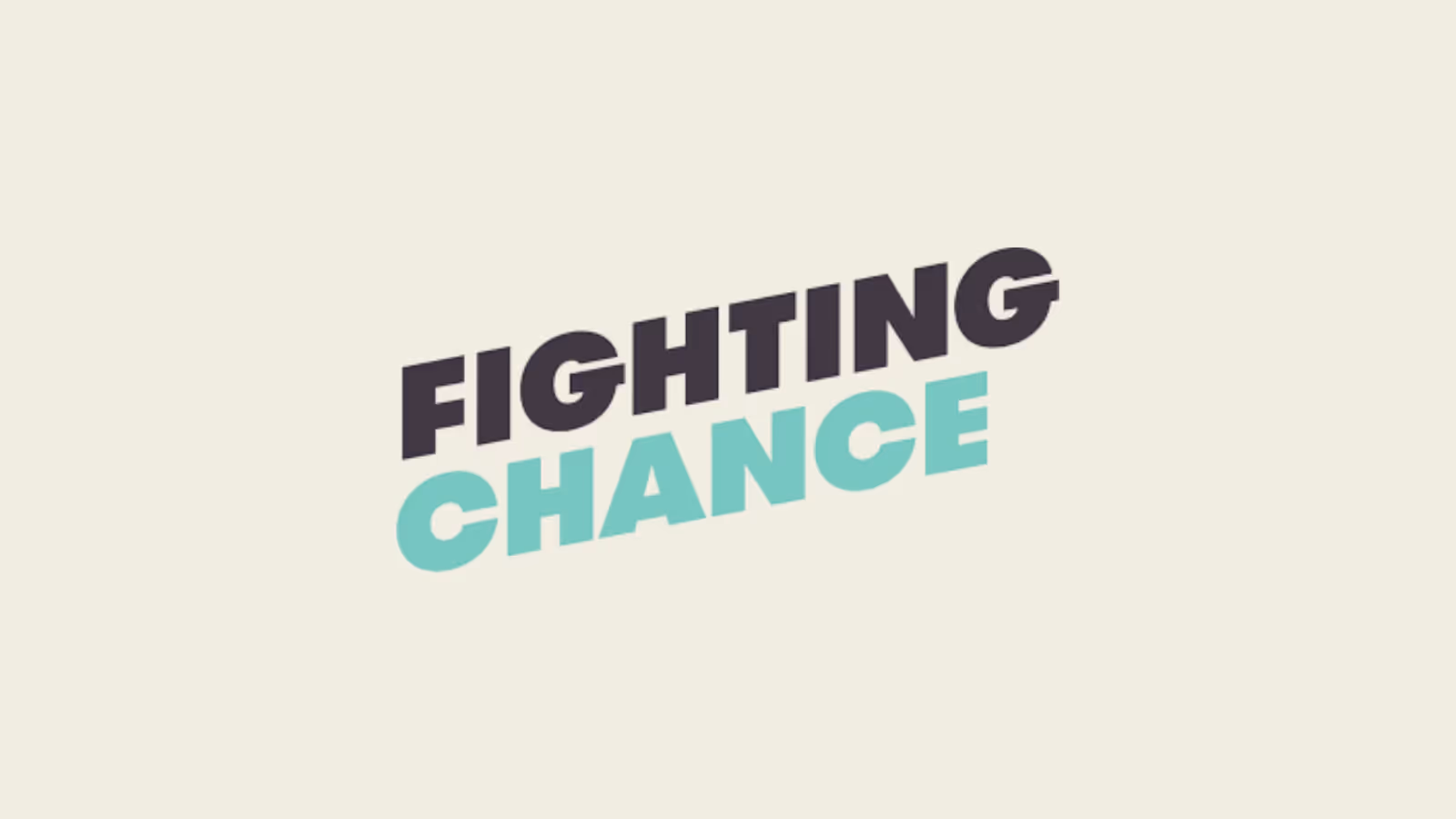Why you need to support workers mental health and wellbeing now more than ever
Rising costs and policy changes make supporting worker wellbeing more critical than ever.

Mental Health Blog, Tips, Wellbeing, Wellness
Why you need to support workers mental health and wellbeing now more than ever
why you need to support worker mental health now more than ever
" data-image-caption="
workers are finding it harder than ever right now
" data-medium-file="" data-large-file="" data-lazy-src="">
Why it’s critical to support your workers wellbeing now more than ever.
We all know that looking after worker health and safety on construction sites is important – and saves lives. But what about looking after worker’s mental health and safety on site?
A recent report from Safe Work Australia (SWA) highlighted the human and financial costs of poor mental health in the construction, trades and manufacturing industry. Mental health conditions rose from 6 per cent of all compensation claims in 2014-15 to 9 per cent in 2020-21. While that doesn’t seem like a huge amount of mental health compensation claims – less than ten per cent – the data shows mental health compensation claims cost orders of magnitude more, both financially and in terms of time off work. The median compensation paid for a mental health claim is $55,270 per claim compared to a median $13,883 for a physical injury and illness claim – that means that, on average, a mental health compensation claim costs almost four times as much as a physical health compensation claim. Time wise, a mental health injury will sideline a worker for a median of 30.7 weeks (more than six months) compared to a median 6.2 weeks (under two months) for a physical illness or injury. You don’t have to be an accountant or a project manager to see these figures representing a huge cost to business if mental health compensation claims continue to increase.
What’s harder to measure is the human cost of poor mental health in the construction industry: however, suicide statistics for people who work in construction paint an unfortunate picture of the tragic toll that poor mental health takes on workers. Construction workers are six times more likely to die by suicide than from an accident at work, and every second day a construction worker tragically takes their own lives. Suicide rates in the construction industry are a staggering 80 per cent higher than the general working age population. These numbers are alarming, and don’t begin to touch on the people whose lives will be impacted by losing someone they love to suicide.
It’s clear we need to do more to look after the mental health of people working in the construction industry. We introduced work health and safety standards to protect workers physical health, and we now take for granted that hard hats, high vis and protection from harmful substances like asbestos are all part of doing the job well. Ten years from now, is it not too wild to think that we might look at providing high quality mental health support to construction workers in the same way? You can get some tips to help identify 10 ways to spot at risk workers by reading our previous article.
Impact of the mental health care plan reduction
Mental health care in Australia is in crisis, and getting mental health help is patchy at best. Australians who have been able to access 20 medicare subsidised sessions are now only able to claim Medicare rebates for 10 visits. Cost is a huge barrier for many people, with counselling or psychology sessions starting at around $100 and going up to $280 – a cost which many people can’t afford in the face of rising mortgage repayments, rents and groceries.
Another barrier is making that first booking: when you’re feeling absolutely low, the thought of picking up the phone and trying to get an appointment can be a bit much. Finding the time to get to an appointment – commuting, parking the car, waiting in a waiting room – is also a barrier, particularly for people who are working long hours.
Given the issues facing people outside of work, it is no wonder that absenteeism and presenteeism is rising, causing large productivity issues for companies across Australia and costing an estimated $6.3 billion per annum. It is more critical than ever for you as an employer to be supporting their mental health to ensure the best possible state of mind while at work.
Foremind is a construction industry focused employee assistance program (EAP) that was founded to address the issue of poor mental health and wellbeing. We’ve designed Foremind to remove some of the barriers to accessing a more traditional EAP service and make it and easy, streamlined experience. F
oremind offers workers free, confidential counselling sessions they can book online (no need to call and make an appointment) with highly qualified registered counsellors. Foremind counsellors work across phone, zoom and face to face, meaning workers can choose a way of getting help that suits their busy lives. And for workers who might not need, or be ready for, a counselling session, Foremind provides high quality mental health resources with practical, down to earth tips for how we can look after our mental health.
We can’t expect to turn stats like these around overnight, but we can start to change the culture around mental health in the construction industry. It is time to put mental health care in the pocket of every worker.
Find out how Foremind can help your workers today!
Need help now? Call:
- Lifeline: 13 11 14
- Beyond Blue: 1300 22 4636
- Mates In Construction: 1300 642 111
Find out more about how we are improving mental health in construction!
Book a calleap constructionMental Healthsuicide constructionWellbeing ConstructionWorker Wellbeingworker wellnessShareTweetPin itShareCulture, Mental Health Blog, Tips, Wellbeing, Wellness
Who’s Watching the Watchman? Why Multi-Person Oversight in Incident Reporting Isn’t Optional
July 29, 2025 Culture, Mental Health Blog, Tips, Wellbeing, Wellness
NSW Takes Bold Step Forward: 51 New Inspectors to Champion Workplace Mental Health
July 16, 2025 Culture, Mental Health Blog, Tips, Wellbeing, Wellness
Victoria – Psychosocial Hazard Legislation is Here
February 26, 2025 Culture, Mental Health Blog, Tips, Wellbeing, Wellness
Getting Prepared for R U OK? Day
September 2, 2024 Culture, Mental Health Blog, Tips, Wellbeing, Wellness
Supporting the Mental Health of Your Team
August 23, 2024 Culture, Mental Health Blog, Tips, Wellbeing, Wellness
WTF Are Psychosocial Hazards
August 13, 2024 Previous Are you ready for Federal Psychosocial Hazard Regulations? Next 5 Critical Factors That Could Impact Construction Mental Health In 2023

Hello 👋 I’m Joel the founder of Foremind.
Are you ready for simplified support & compliance?
Latest insights
Answers to the frequently asked questions.
Email us at enquiries@foremind.com.au and we'll get back to you quickly with a response
Yes, we have culturally competent counsellors available, including those able to work with first nation and CALD employees.
Onshore on secure AWS Servers in Sydney Australia. All data is encrypted in transit and at rest and our entire team is located in Australia.
Employees can access our platform on any device (mobile, laptop, desktop, etc.) as long you have the website link - no need to download any app on devices. You wouldn’t need to enrol any of your staff individually.- When we do our onboarding, we ask for the first name, last name and email of all your employees, and send out an email invite to all them which will allow them to create their own individual account to access the platform. For new staff we can also invite them or provide you with a unique link to embed in your onboarding process, whichever is more convenient for you. We also kick things off with a launch webinar or video to make sure everyone is aware of Foremind and how to use it. We’ll also provide you with any collateral such as posters, QR codes, brochures etc. to help drive awareness and encourage people to create an account in the platform.
The support line is answered by our reception service 24/7. It is for urgent platform or session-related issues only (e.g. *“My counsellor didn’t show”*) or helping staff create an account.






